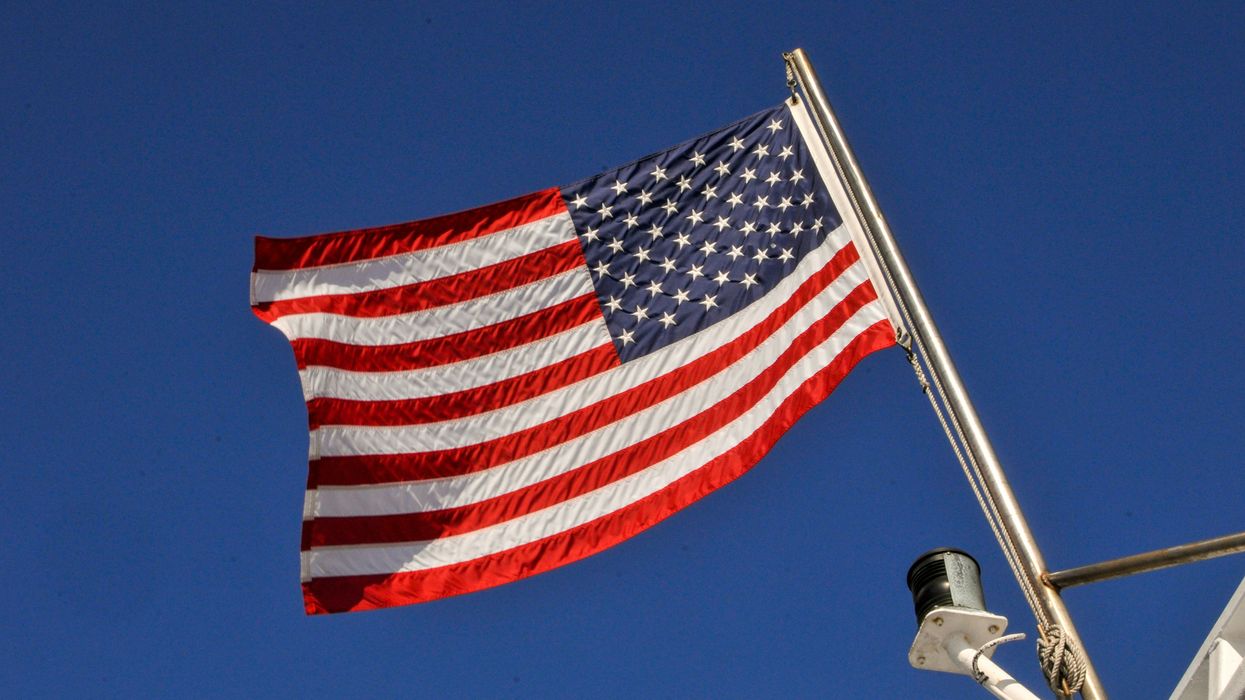The Fulcrum presents The Path Forward: Defining the Democracy Reform Movement. Scott Warren's weekly interviews engage diverse thought leaders to elevate the conversation about building a thriving and healthy democratic republic that fulfills its potential as a national social and political game-changer. This series is the start of focused collaborations and dialogue led by The Bridge Alliance and The Fulcrum teams to help the movement find a path forward.
I’m excited to start this series by highlighting an interview with Julia Roig, the Chief Network Weaver for the Horizons Project. Julia brings extensive experience working for democratic change around the world, and her work at the Horizons Project focuses on supporting and building the broader pro-democracy ecosystem.
Julia provided her candid thoughts on what is needed at this moment in the field, expressing an urgent need for actors to both deliberately work together and change their approaches- which she is nervous is not happening enough. Some of her main ideas (which you can watch in the video below):
- Exploring the tension between peacebuilding vs resistance: Horizon’s original purpose was squarely to combat polarization and promote peacebuilding. Currently, they are working with actors engaged in resistance work. These approaches can sometimes seem in tension with each other.
Julia noted the balance between lowering the heat (combatting polarization) and raising the heat (resistance)- but ideally ensuring that actors are in lockstep rather than in tension. Julia noted that she has a sticky on her desk from a conversation she had in which someone told her, “I don’t care about the ecosystem,” to remind her of the magnitude of the challenge;
- The ecosystem can be seen as a jazz band: Julia talked about the pro-democracy movement as a jazz band in which everyone plays different instruments, there’s not a song sheet, there’s no conductor, but everyone is generally moving in the same direction.
“Not everybody has to do everything. I’m actually not even asking people to change their lanes. And yet we do need to figure out how we fit together.”
- The field needs to change: Julia was concerned that actors in the movement were not thinking or acting differently amid the changing contexts. She noted, "We are living in a different country today than we were a month ago, and I'm not sure that I see enough people pivoting or even having the conversations about what's needed to be pivoting.”
Julia warned that an organizational retrenchment is happening right now, potentially precisely because there’s so much uncertainty. She noted, “Honestly, what I'm experiencing right now is more entrenchment within these different kinds of theories of change, these different fields…Everybody's freaking out of their minds right now. No one is their best self. And if you're not your best self, and you're totally operating on Lizard Brain.”
She went on to note, “We are making the same mistakes. I mean, that's the issue. When do we pause to have a bigger conversation? When is that going to happen?”
- YouTubeyoutu.be
The broader points that Julia continues to hammer home are that the field needs to work together, think differently, and both push back against immediate threats while taking a step back to think about the long term. Challenging but vital requests at this moment.
As I proceed in this research, I realize that many of us are potentially falling into the trap of feeling shocked and awed, which keeps us confused, overwhelmed, and divided in our efforts. Yes, there’s a need to act in the immediate, but I think Julia is onto something with the field’s inability to think and act differently in the moment.
Please listen to Julia’s powerful interview and share your thoughts or ideas on “A Path Forward for the Pro-Democracy Community." Please get in touch.
We must pivot if we are to be successful.
Executive Editor's Notes: We invite you to subscribe to the Fulcrum's YouTube channel, where you will find thought-provoking and engaging conversations about what matters most in protecting and nurturing democracy.
Scott's next interview with Rev. Dr. F. Willis Johnson, a spiritual entrepreneur, author, and scholar-practitioner , will be published on Thursday, March 13.
Scott Warren is a fellow at the SNF Agora Institute at Johns Hopkins University. He is co-leading a trans-partisan effort to protect the basic parameters, rules, and institutions of the American republic. He is the co-founder of Generation Citizen, a national civics education organization.




















Trump & Hegseth gave Mark Kelly a huge 2028 gift